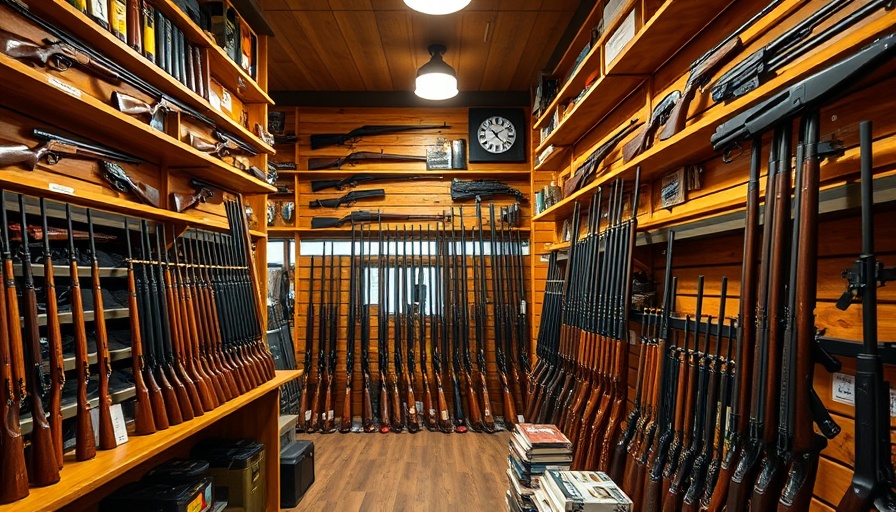
Colorado's Bold Initiative: Taxing Guns to Bolster Victim Services
In a groundbreaking move, Colorado has introduced a 6.5% tax on gun manufacturers and sellers, targeting support for crime victim services that have faced financial strain. The tax, approved by voters as Proposition KK, is set to generate approximately $39 million annually. The funds aim to enhance aid for domestic violence victims, veterans, youth, and school security, addressing the growing need for comprehensive support systems in the face of rising firearm deaths in the state.
Understanding the Social Impact of Colorado's Gun Tax
Unlike previous legislative measures targeting gun violence reduction directly, this new tax addresses the broader social and economic implications of gun sales. As a "Pigouvian" tax, the revenue collected seeks to offload the societal burdens of firearms, much like gasoline taxes fund road maintenance. The timing of this initiative is crucial, as the need for victim support services has escalated while federal funding has declined sharply. This strategic approach ensures a safety net for vulnerable populations in Colorado's communities.
A Closer Look: Historical Context and Future Implications
Historically, federal taxes on firearms have been in place for over a century, with current rates at 10% for certain firearms. Colorado's move parallels these efforts but focuses on a state-level solution for service funding needs exacerbated by decreasing federal contributions. Looking ahead, this innovative funding model may set a precedent for other states grappling with similar challenges. The potential shift in gun sales behavior remains speculative, offering a field of study for researchers keen on understanding consumer responses to policy changes.
Relevance to Current Events: Society's Evolving Relationship with Firearms
The enactment of Colorado's tax comes at a time when the U.S. Supreme Court has expanded gun rights, complicating the national landscape on firearms and public safety. This adds to the urgency of the state's initiative as it attempts to balance increasing legal firearm accessibility with the societal need for robust victim support frameworks. By tying financial strategy to social ecosystems dependent on gun regulations, Colorado progresses toward a comprehensive model for addressing the multifaceted impacts of gun sales.
 Add Row
Add Row  Add
Add 




 Add Row
Add Row  Add
Add 



Write A Comment